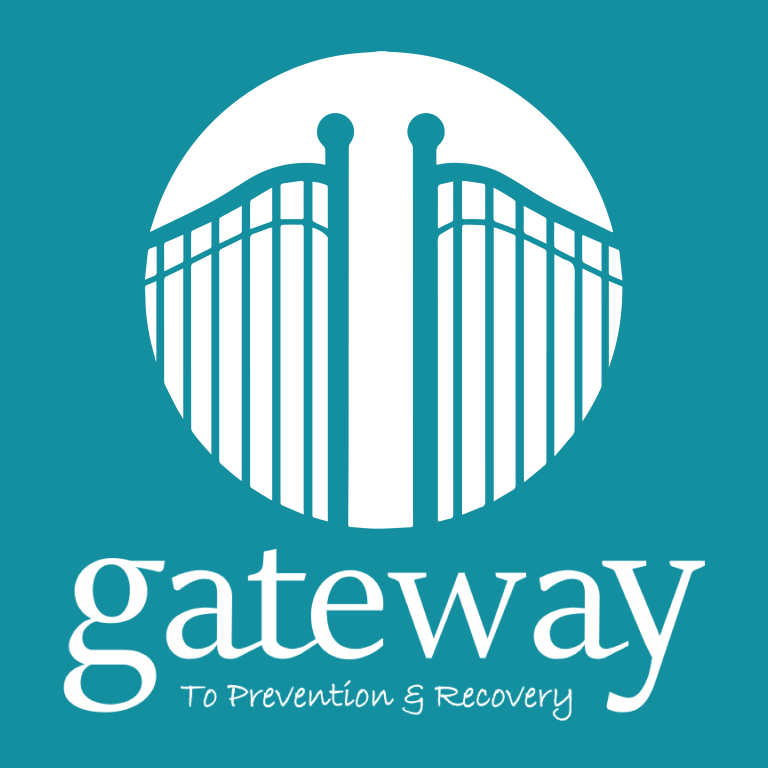May is Mental Health Awareness Month, and this issue is especially impactful for our state. According to the Oklahoma Department of Mental Health and Substance Abuse Services, one in four Oklahomans experiences a mental illness, giving Oklahoma the fifth highest mental illness rate in the US. Over half of Oklahomans with a mental illness don’t receive treatment.
One important way to respond to this mental health crisis is listening to those who have experienced it firsthand. With this in mind, we interviewed Gateway’s Kelsey Dye about her own mental health journey.
Could you summarize your mental health journey up to now?
In my adolescence, I started struggling with suicidal ideations and attempts. I entered inpatient treatment at seventeen, and I became a patient at Gateway because I was struggling with substance use. I became sober for a time but then started using again.
It turned out I’d been misdiagnosed with depression and anxiety when I actually have bipolar I disorder. Once I realized that, I was able to access the proper medication, tools, and coping methods. Now I’ve had no episodes in two years, and I’ve been clean from substances for eight years.
Throughout your life, what may have negatively impacted your mental health?
The number one thing was childhood trauma. Throughout my life, I would let people in who reminded me of my abuser, which kept me from making progress.
Another major contributor was my substance use. I picked up substances to cope with my mental health, but eventually, they made it worse. I got stuck in a cycle: I was reliant on the substances to cope with my symptoms, but then they’d worsen them.
What barriers have you faced when trying to improve your mental health?
For a while, I just went to my primary care physician for help with my mental health. They didn’t do a full psychological evaluation, which led to my misdiagnosis.
Limited education about mental health was a barrier, too. I didn’t realize that I needed to advocate for myself for my struggles to be understood and taken seriously.
One other barrier was finding a psychologist taking patients; they’re rare in Oklahoma.
What misconceptions or stigmas have impacted your mental health journey?
I’ve heard so many times before and after my diagnosis, “That person is so bipolar. They’re so crazy.” Bipolar people have to realize in the face of this stigma that you’re not crazy. Your brain just works differently.
When I tell people I’m bipolar, they say things like, “You don’t look bipolar.” Even before my diagnosis, when people found out about my suicide attempts or time in the psych ward, they would say, “You don’t seem like that kind of person.” It’s important to realize that people struggling with these problems often keep it to themselves. There’s not just one look or type of person linked to a diagnosis.
What advice would you give those whose loved ones are struggling with mental health?
Become educated in whatever they’re struggling with. Don’t belittle what they’re going through. Give support and let them know you’re there.
The best thing for me was people asking what I needed instead of guessing. Sometimes what other people think will help isn’t what actually will. Be direct and ask how you can support this person.
What advice would you give someone on their own mental health journey?
Get support, whatever that looks like—your therapist, a loved one, a support group. Know that you’re not alone.
I used to feel alone, like no one understood my experiences, but support groups helped because they’d been through these struggles, too. Finding the support from others that works for you is what will help you cope.
If you don’t know anyone you can reach out to, reach out to local agencies that help with mental health or co-occurring disorders. They’ll link you to the right resources.
There’s no shame in getting help. If you’re in a mental health crisis and need immediate help, contact the 988 Suicide and Crisis Lifeline for assistance by dialing 988 or visiting https://988oklahoma.com/home. Gateway to Prevention proudly provides counseling for a wide range of ages and backgrounds. Visit www.gatewaytoprevention.org for more information. You can also visit https://findtreatment.gov/ for additional resources.
Katie McQuay is a writing intern for Gateway to Prevention and Recovery. She is a senior at Oklahoma Baptist University studying English with a minor in Professional Writing and Editing.
Kelsey Dye is a Case Manager, Peer Recovery Support Specialist, and Behavioral Health Wellness Coach for Gateway’s Chandler Treatment Office.
